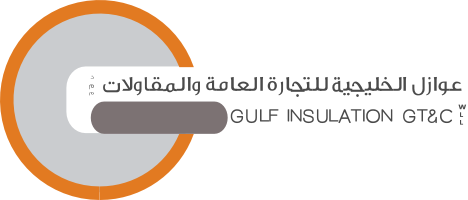Voting power is founded on a country’s capital subscription, that is situated in switch on its economic resources
The wealthier and more developed countries constitute the bank’s major investors and so exercise greater energy and impact. For instance, during the early twenty-first century the usa exercised nearly one-sixth regarding the votes within the IBRD, a lot more than double compared to Japan, the 2nd biggest factor. The system does not provide a significant voice for these countries, which are the primary recipients of World Bank loans and policy advice because developing countries hold only a small number of votes.
The lender obtains its funds through the capital subscriptions of user nations, relationship flotations regarding the world’s money areas, and web profits accrued from interest re payments on IBRD and IFC loans. Around one-tenth associated with capital that is subscribed compensated straight to the financial institution, using the rest susceptible to phone if needed to meet responsibilities.
The whole world Bank is staffed by a lot more than 10,000 individuals, approximately one-fourth of who are published in developing countries. The lender has significantly more than 100 offices in user nations, plus in numerous countries personnel provide directly as policy advisers to your ministry of finance along with other ministries. The financial institution has consultative in addition to casual ties with all the world’s economic markets and institutions and keeps links with nongovernmental businesses in both developed and countries that are developing.
Policy and debt reform
Your debt crisis of the— that is early which numerous developing nations were not able to program their outside financial obligation to multilateral financing organizations, due to a slowdown on the planet economy, high rates of interest, a decrease in commodity rates, and wide fluctuations in oil rates, among other factors—played a crucial part within the development of World Bank operations. The lender had become increasingly associated with shaping financial and social policies in indebted developing nations. The elimination of price controls, the liberalization of trade, the deregulation of the financial sector, and the privatization of state-run enterprises as a condition of receiving loans, borrowing countries were required to implement stringent “structural adjustment programs,” which typically included severe cuts in spending for health and education. These programs, which were applied in a large number of countries throughout the developing world, frequently resulted in increased levels of poverty, mounting unemployment, and a spiraling external debt although intended to restore economic stability. The World Bank focused its efforts on providing financial assistance in the form of balance-of-payments support and loans for infrastructural projects such as roads, port facilities, schools, and hospitals in the wake of the debt crisis. Although emphasizing poverty alleviation and credit card debt relief when it comes to world’s minimum developed nations, the lender has retained its dedication to financial stabilization policies that need the utilization of austerity measures by receiver nations.
The planet Bank while the IMF played main functions in overseeing free-market reforms in eastern and main European countries after the autumn of communism here. The reforms, which included the creation of bankruptcy and privatization programs, had been controversial simply because they usually resulted in the closing of state-run enterprises that are industrial. “Exit mechanisms” to permit for the liquidation of alleged “problem enterprises” had been put in spot, and labour regulations had been modified make it possible for enterprises to lay down unneeded workers. The more expensive state enterprises usually had been offered to international investors or divided in to smaller, independently owned organizations. Some 17,000 businesses were liquidated and 5,000 reorganized, leading to a substantial increase in unemployment in Hungary, for example. The entire world Bank additionally offered reconstruction loans to nations that suffered conflicts that are internal other crises ( ag e.g., the successor republics of previous Yugoslavia when you look at the belated). This assistance that is financial perhaps perhaps not flourish in rehabilitating effective infrastructure, but. The macroeconomic reforms resulted in increased inflation and a marked decline in the standard of living in several countries.
The planet Bank could be the world’s biggest multilateral creditor organization, and therefore lots of the world’s poorest countries owe it a large amount of cash. Certainly, for lots of probably the most greatly indebted bad nations, online installment loans Idaho the biggest component of the outside debt—in some situations constituting significantly more than 50 percent—is owed into the World Bank therefore the multilateral regional development banking institutions. In accordance with some analysts, the responsibility of the debts—which in line with the bank’s statutes can not be canceled or rescheduled—has perpetuated financial stagnation for the developing globe.

